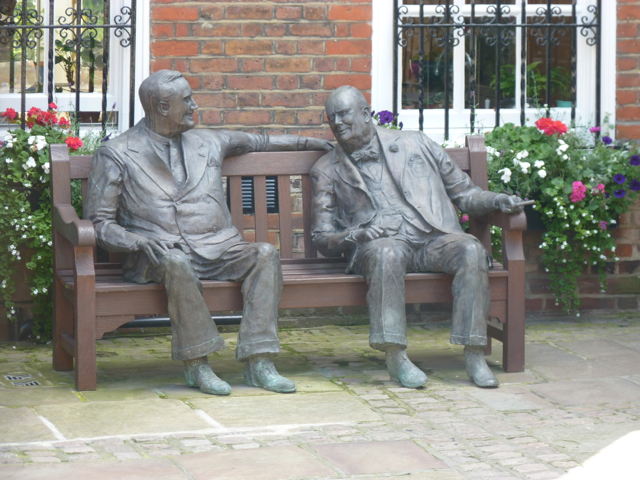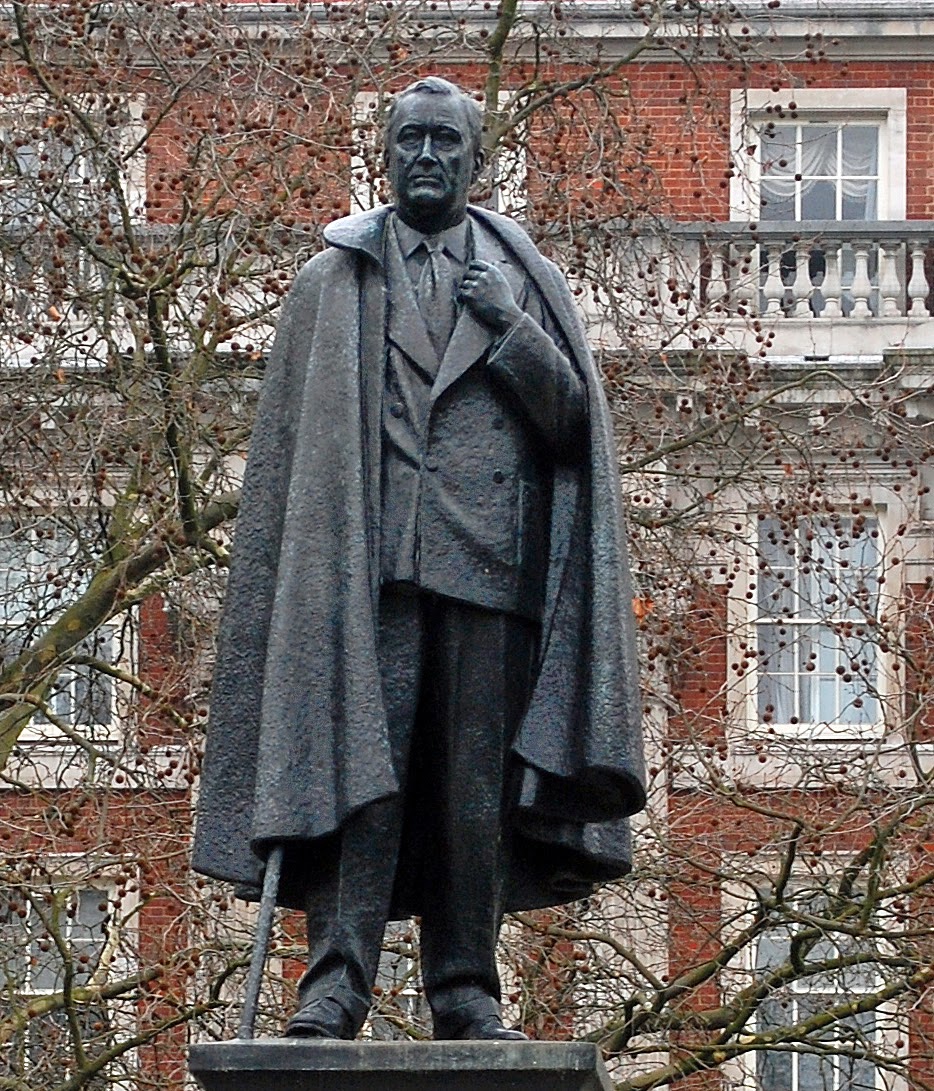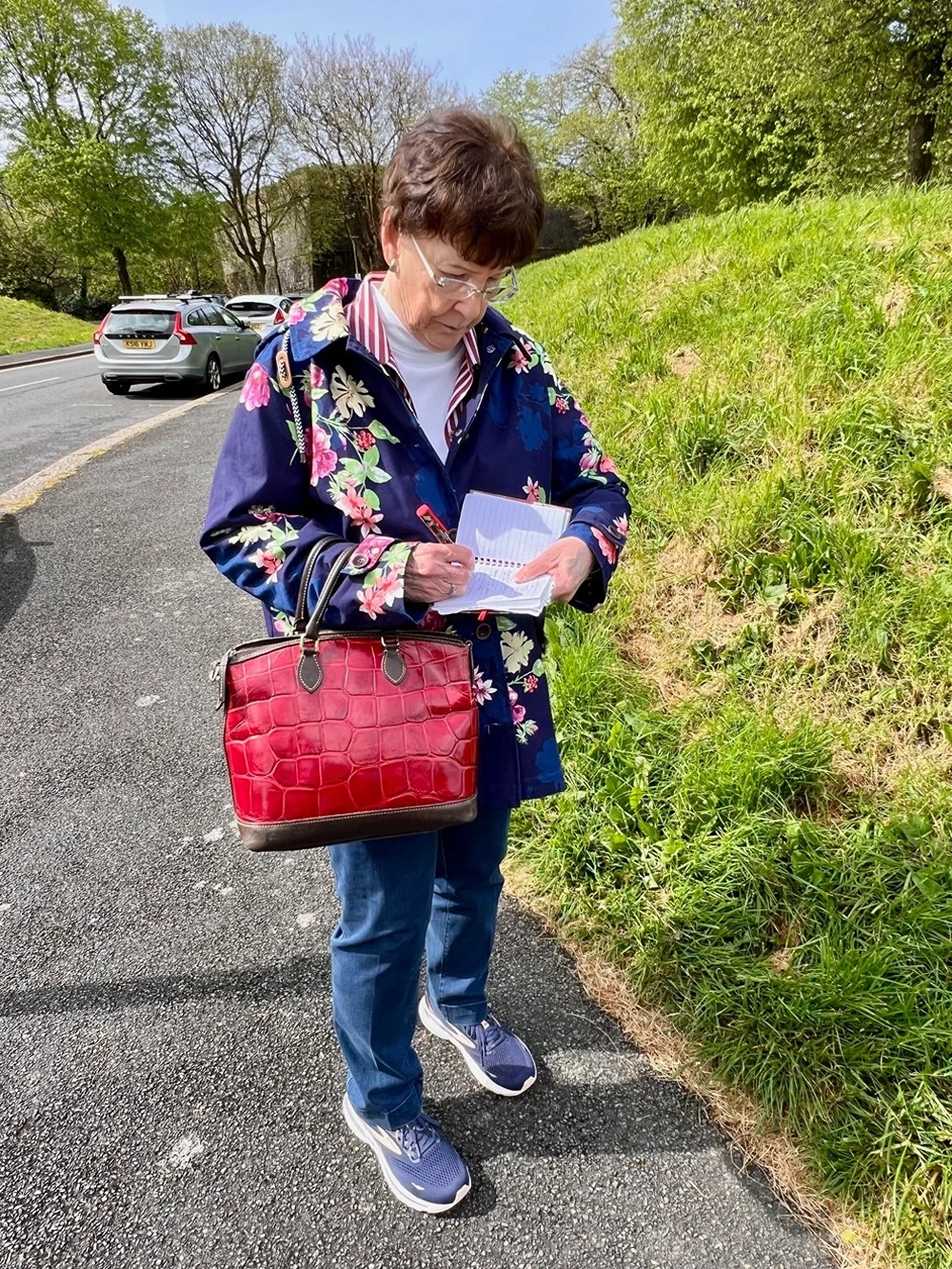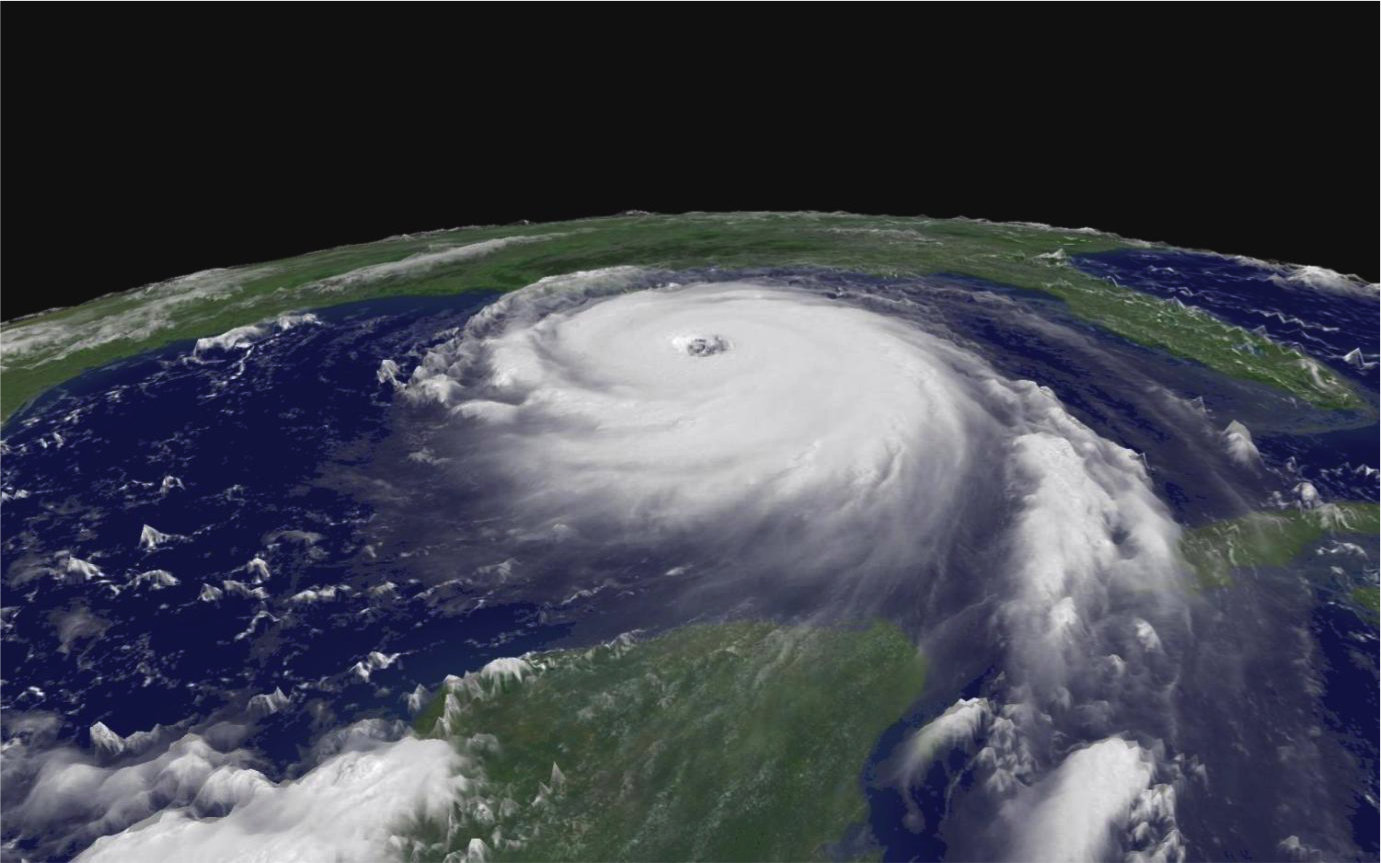Jennifer Jeffries, the protagonist in The Witness, was the victim of a brutal attack during a visit to London. Her physical injuries healed slowly, but the emotional damage she suffered was even more difficult and enduring.
To help her deal with these issues, a friend gave her a book entitled, Freedom from Fear: A Treatise on the Life of Franklin Delano Roosevelt. The author, Bernard Alleson, was paralyzed in an accident, hence his choice of FDR as a research topic.
Alleson did, of course, introduce his subject and give a brief account of FDR’s life. Next he discussed his conviction that a historian is called to probe beyond the demonstrable facts of history to the intangibles that, however difficult to illustrate, caused a subject to come alive. Not every brilliant, well-educated, upper class man became successful in political life. Roosevelt had become paralyzed in 1921, yet eleven years later he had been elected President of the United States. How had he done it? The expectations of others had not been the driving force – his family had not wanted him to continue in politics after his illness. It was a product instead of Roosevelt’s self-concept. He had been indulged as a child, raised to believe that he was capable of great things. It was that mental image of himself, however at odds with his physical reality, that he carried with him and would not alter. Being a patriot, it was that mental image that he transferred to his country, believing always that his nation, no matter how besieged, could respond with greatness.
Roosevelt first referred to what he called the “Four Freedoms” in a speech he gave to Congress on January 6, 1941. It was Alleson’s belief that they were a result of fears that FDR has experienced, fears that he had overcome, and a complete chapter was devoted to each one.
Freedom and speech and expression was the first. However illogical, handicapped people were often treated as if their intelligence were deficient also. What had Roosevelt’s response been? To run for political office, to meet with leaders of other nations, to give fireside chats to his countrymen, and to communicate his vision for freedom worldwide. Freedom of speech meant freedom to teach and freedom to learn.
Freedom of every person to worship God in his own way was the next cornerstone of Roosevelt’s quartet. Spiritual freedom was critical when you were not physically free – FDR chained by his paralysis, millions around the world imprisoned by unjust and repressive political systems…Freedom to worship meant the freedom to forgive. Roosevelt’s faith may have been shaken, but it had not been destroyed.
FDR had never been poor, but his illness had taught him the difference that having financial resources made. He had received the best medical care available. For the less fortunate, freedom from want meant that their basic needs could be met, for food, shelter, and clothing. For those who were more fortunate, freedom from want meant freedom to give, and Roosevelt had donated large sums of money to construct therapeutic centers to treat others afflicted with his disease.
The last freedom was…freedom from fear. In his speech, FDR had been referring to the fear that results from knowing another nation is capable of attacking yours. In his personal life, however, Roosevelt had been less able to defend himself than most men. He must have also been afraid of further physical deterioration. Hitler was on the international scene, yet Roosevelt resisted even the appearance of fright, standing strong first against the Nazi rhetoric, next by establishing an alliance with his British counterpart, Winston Churchill, and last by exercising his right as commander-in-chief to send the American military around the world to make courage visible. Love of country and hatred of evil had motivated him. Freedom from fear meant the freedom to love.

If a ‘whole’ man had been in office instead of Roosevelt, someone whose experience of lack of freedom had been less profound, the course of history could have been completely altered. Freedom was not a vague concept for FDR, but a tangible necessity of life. Every day that he put on his leg braces or pushed the wheels on his chair, his commitment to freedom grew, and his legacy was political freedom for millions who, without his resolve, would have been enslaved.
Each freedom led to a particular benefit, but together they added up to something more – more than a cessation of conflict, more than the dismissal of danger, more than the removal of persecution – their sum was peace. Peace had been declared, and men had put down their weapons.
Jenny finished Alleson’s slim volume and wisdom and considered how to apply it to her life. For details, consult the concluding chapters in The Witness.



